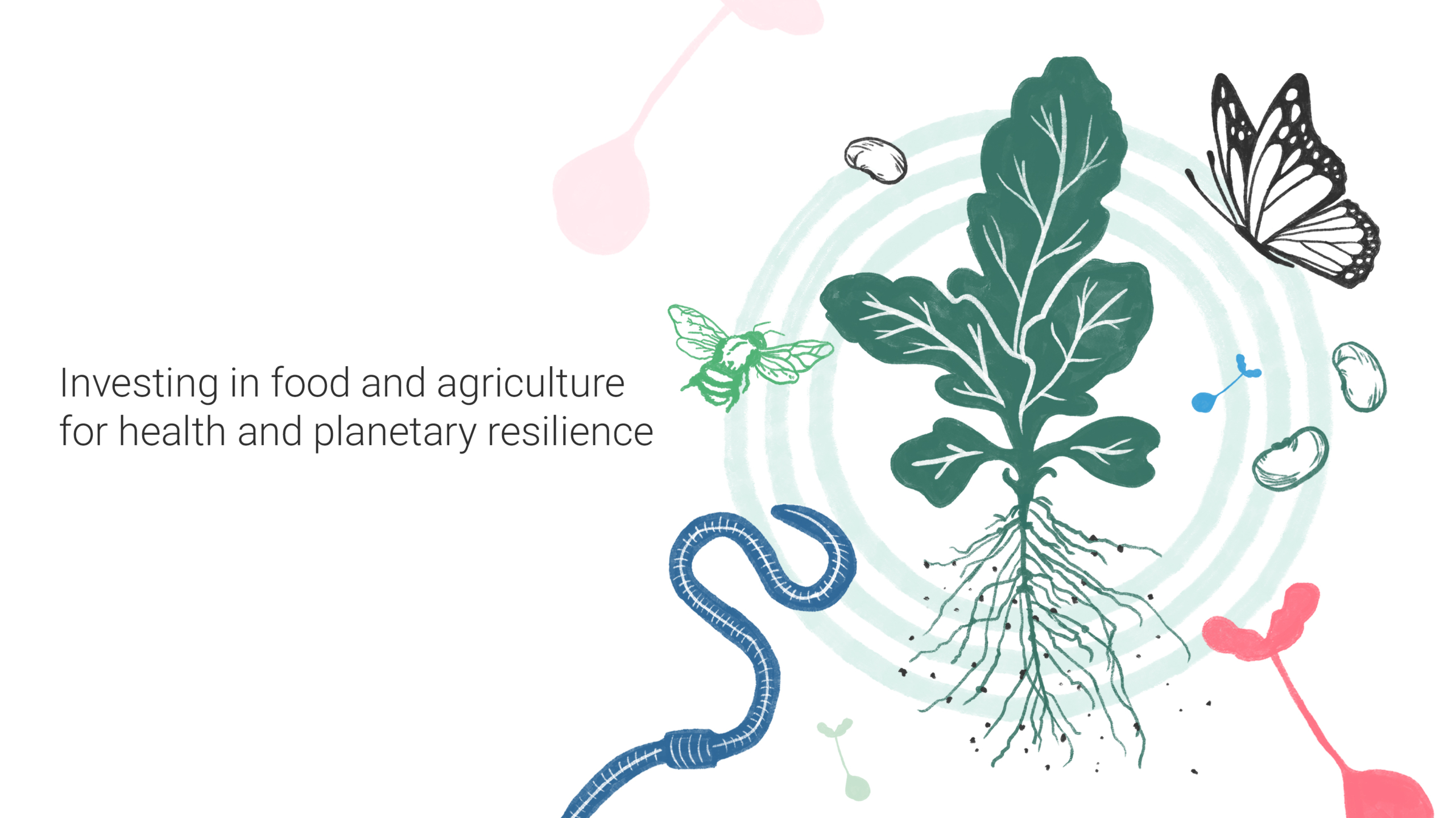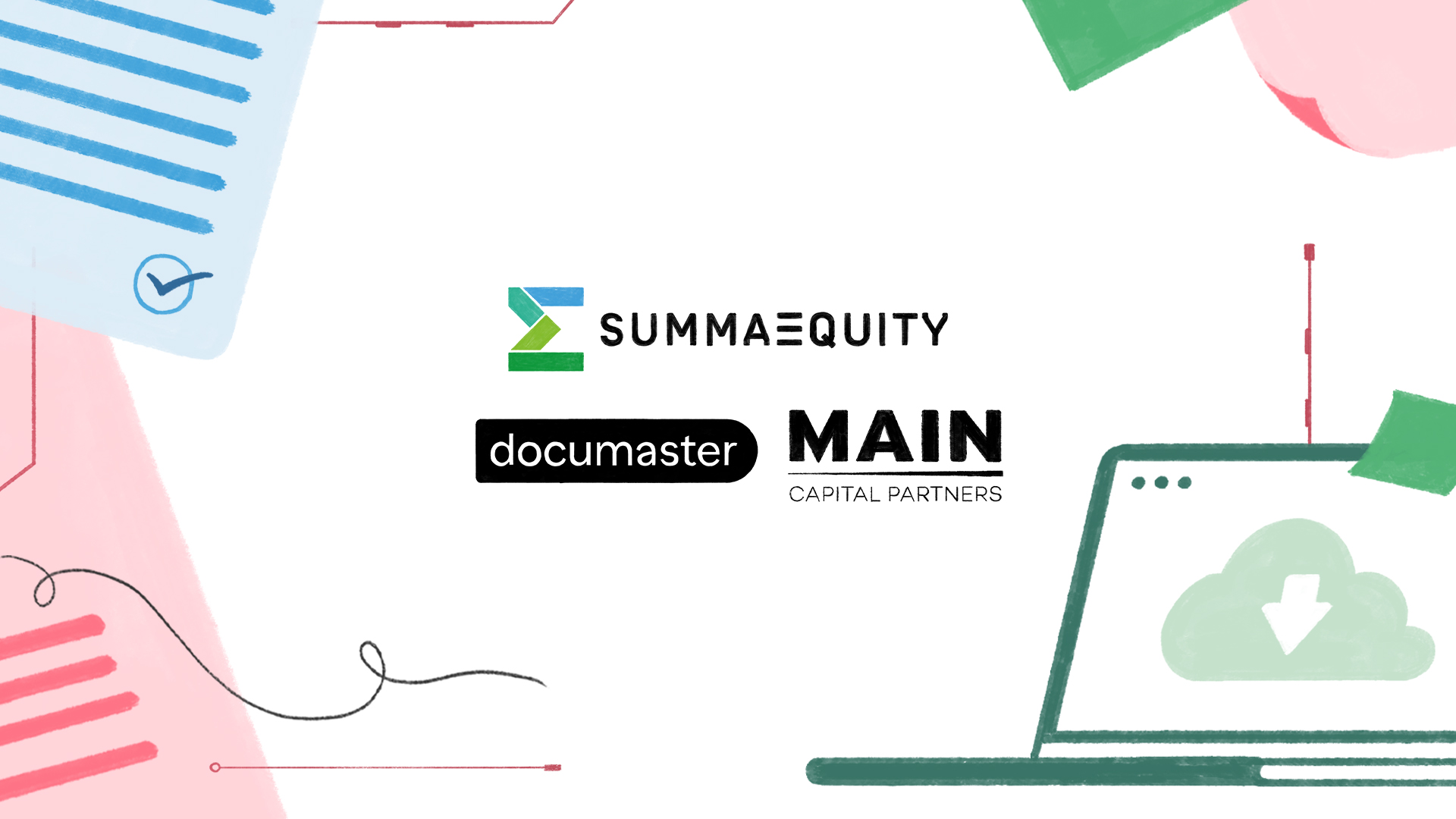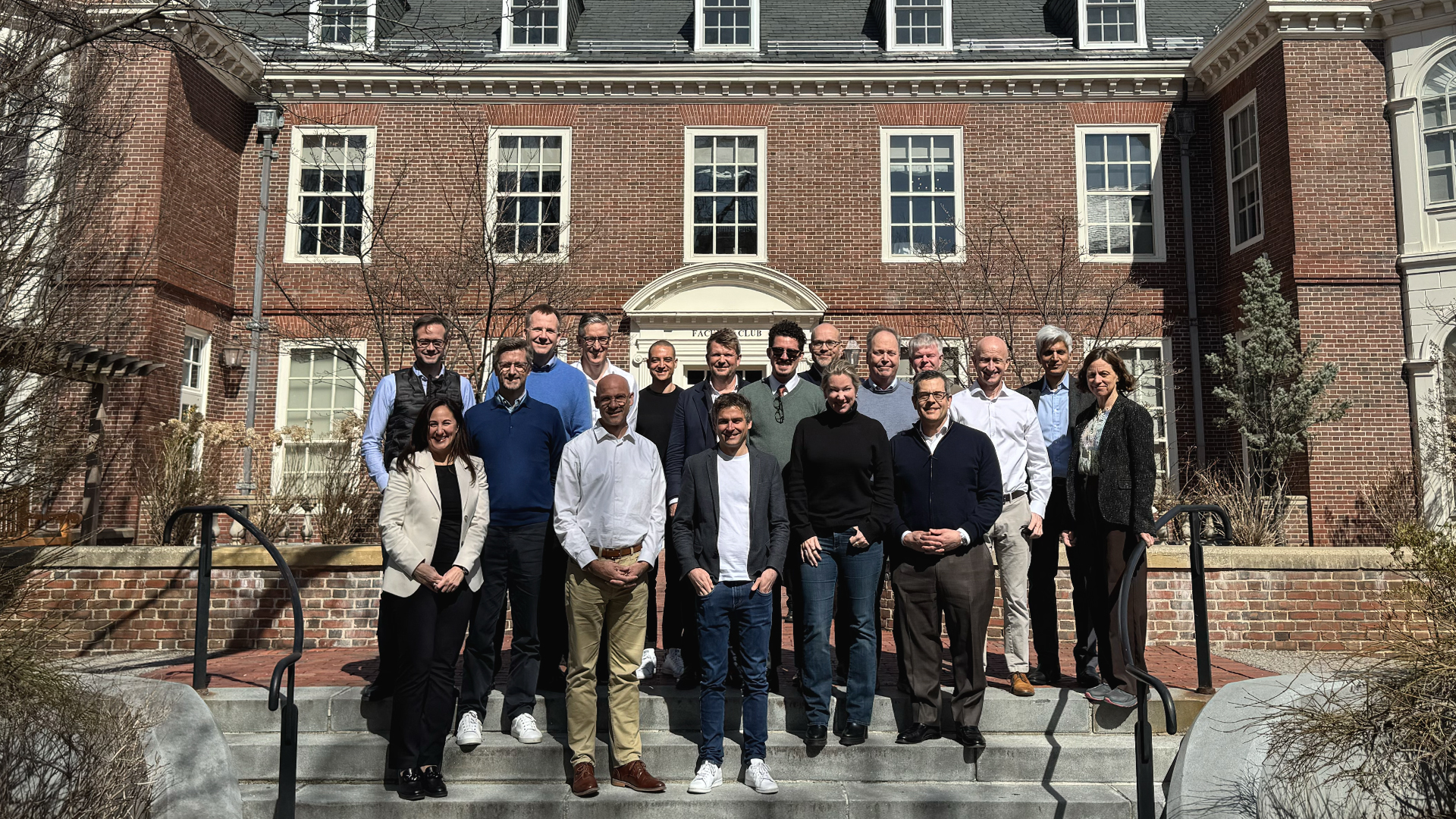The only mistake is being afraid of making mistakes
Amy Edmondsen, Novartis Professor of Leadership and Management at the Harvard Business School, has recently written a new book coming out this fall: The Right Kind of Wrong: The science of failing well. Why? Because in our modern world, it really matters that we learn to navigate failure.
- Podcast
8 min read

“We live in a time of increasing uncertainty and interdependence. Either one of those factors creates the inevitability of some failures along the way. So we have to learn to manage them and navigate them.”
And the quickest way to do this, says Amy, is to not only learn to prevent preventable failures, but also to embrace non-preventable failures, for the lessons they bring.
The difference between mistakes and failures.
Mistakes and failures aren’t the same thing, says Amy. The terms may be used interchangeably, but the difference between mistakes and failures is a really important one to grasp:
A failure is anything undesired, it’s an outcome that deviates from what you want it to be.
“Some failures are caused by error, but many failures are not, many are caused by uncertainty or an inability to predict the future in some way, which is uncertainty.”
A mistake or an error, on the other hand, implies that there was a right way to do something – a formula, a process, a procedure that exists to produce an outcome that we’re seeking.
“The only thing I can say for sure about a mistake is that it wasn’t deliberate. As soon as it’s deliberate, then it’s something else. It’s a violation. It’s sabotage. But a mistake is something that goes wrong, that could have gone right.”
Failure can be strategic
Failure, says Amy, can be an opportunity for progress and innovation, it can be strategic,
“I would venture to say you cannot get innovation without some failures along the way. So failure is a more encompassing category, because a mistake is a failure. But a failure is not a mistake.”
There are three kinds of failure, according to Amy: basic, complex and intelligent. Intelligent failures are the ones that are absolutely essential for innovation, for progress into new territory.
They’re the ones we have to train ourselves emotionally to embrace, says Amy. We need to be able to welcome intelligent failures as useful discoveries that help us make progress toward valued goals.
The need for psychological safety
One of the key reasons to differentiate mistakes from failures, is that while some mistakes do produce value, most don’t. The most important thing about making mistakes and experiencing failure, says Amy, is you need to have a culture that welcomes the truth, that embraces people for telling you what’s really happening.
“Psychological safety describes an environment where people feel absolutely unconflicted about telling the truth, where they just know that as hard as it might feel right now, speaking up openly, honestly, quickly, is welcomed and valued. That’s the way you turn mistakes and failures into value going forward.”
And how we communicate with each other in a truthful, constructive way, is essential as well. Being able to give and receive feedback, both good and bad, is such a skillful thing to be able to do. But most of us haven’t been trained in this skill; we’ve been trained inadvertently in the skills of face saving, and being nice and withholding what we really think. We haven’t been trained in the skill of directness.
Learn the ladder of inference
Directness doesn’t mean you simply tell someone they’re a jerk, that’s not helpful, says Amy. And it’s not data driven. The skill part is to walk down the ladder of inference. Our brains will naturally want to jump from directly observable data to conclusions, to abstractions, but these high level abstract conclusions aren’t the whole truth. They’re just your conclusion, your view, your opinion. And while it could be a valid view, it’s incomplete.
So in order to have honest and direct conversations effectively in ways that help each other, we have to learn essential communication skills. And the way to do that, suggests Amy, is to walk down the ladder of inference, trying to recreate as best we can directly observable data behaviors that lead us to our conclusions, while also applying the skill of effective inquiry.
What does that mean? It means rather than just coming at everything with, well, this is my truth, and therefore you must listen to it, rather saying, here’s how I see it, what am I missing?
“By learning how to be curious, the chances are very good that that behavior that someone else is engaging in, that you don’t think is effective, makes sense to them.”
How to increase organizational psychological safety
To increase psychological safety in the workplace, says Amy, the first thing to do is call attention to aspects of reality that you all intellectually know are there, but emotionally don’t recognize – uncertainty and interdependence.
Call attention to these explicitly at the beginning of a project, says Amy, for example, say something like: “We’ve never done a project like this before.” Name it, let everyone on the team know you’re all standing in new territory and no one has a crystal ball. Tell them that you’ll be doing things that might work out great, and some things won’t. But the sooner everyone hears about them, both good and bad, the better.
The next thing you need to do, says Amy, is invite input and inquiry. Tell your team to ask good questions early and often.
“The funny thing about psychological safety is if I feel reluctant to speak up, it’s so easy to stay quiet, so I will. But when asked a direct question, suddenly it feels incredibly awkward to stay silent, I couldn’t do it.”
Finally, continuously monitor the responses and thank people for speaking up.
Right kind of wrong: The science of failing well
We live in a world where failures of all kinds are inevitable, and people really struggle with perfectionism, or struggle with the desire to be thought well of by others, says Amy. And we’re under the illusion that if we do something wrong, at any point, people will like us less or love us less. And that’s terribly crippling to the goal of innovation and learning.
The reason we don’t navigate failure effectively, says Amy, boils down to aversion, confusion and fear. We don’t mind failure associated with other people, we just don’t like it associated with us. Aversion is instinctual. Confusion comes from not being able to distinguish between mistakes and beautiful scientific discoveries that came from them. And fear comes from a lack of psychological safety.
Why growth mindset is helpful in navigating failure
“I’ve often thought that psychological safety and growth mindset are partners. The individual growth mindset thrives in a psychologically safe environment and a psychologically safe environment helps people develop their growth mindset.”
But for many of us, the concept of celebrating failure just doesn’t sit well with us, so, suggests Amy, if you can’t celebrate failure, celebrate pivots instead. This allows you to unlock a whole different mindset, one that says, ‘our failure has taken us to the next step,’ which is a more credible stance.
One thing you don’t want to do, warns Amy, is hide mistakes out of sight, because people’s memories fade, or new employees come in, and they commit a basic failure, which is when you have an intelligent failure the second time around. And that’s not to be celebrated.
Plus, you not only want individuals to learn from their mistakes, you want the rest of the team and the organization to learn from them too. When we collectively have a library of knowledge that we share, we’re much better equipped to get things right.
Mastering the skill of reframing
“I think reframing is a really crucial skill in this domain that we’re exploring today. It’s related to the growth mindset. In fact, people who have a strong growth mindset are masters of reframing.”
What does reframing look like outside of the workplace? It’s pausing and thinking about your future carefully. Otherwise, says Amy, you simply keep doing what you do. Take time to look up and consider what else the world needs from you, not in a grandiose sort of way, but what does your community need from you? Your family?
When you’re young, never choose a job for its pay
Young people should never choose a job for its pay, advises Amy. They should choose it for its learning potential. Your value and your ability to make a difference and to do well in your own life is 100% connected to how much you learn in your 20s and beyond. So pick opportunities for their learning potential.
“The only mistake is being so afraid of making mistakes that you don’t stretch. And then you steal from yourself that opportunity to grow and learn and do things you never thought were possible in your life.”
The Summa Summarum newsletter
Sign up to our newsletter
Latest readings
News
The case for scalable regenerative agriculture
Read more
Investing in food and agriculture for health and planetary resilience
Read more
NetGuardians and Intix unite to form Vyntra
Read more
Planetary boundaries as a guiding framework for sustainable growth
Read more
Summa Equity announces exit from Documaster
Read more